Personality Structure and Human Interaction —— The Developing Synthesis of Psycho-Dynamic Theory
----- 人格结构与人际互动
How has a theory of man as a social being to be formulated if we are to do justice to his individuality, to the subtle ways in which his love and hate compete within his relations with others and to the anxieties and resistances he shows when he seeks to change himself? To answer this question is the task which the author sets himself. After assessing Freud's basic principles, Guntrip proceeds to make a uniquely comprehensive review of subsequent theoretical contributions to psychoanalysis with special emphasis on the work of Fairbairn and Melanie Klein.From a background of philosophy, theology and social studies, Dr. Guntrip went on to take a personal psychoanalysis and to become a full time psychotherapist, and it is from this combination of wide knowledge and intensive work with people beset by conflicts in their relations with themselves and others that he evolves his views. After assessing Freud's basic principles, he proceeds to make a uniquely comprehensive review of subsequent theoretical contributions to psychoanalysis with special emphasis on the work of Fairbairn and Melanie Klein, as it is in their writings that he considers the most needed developments have been made, namely, the placing of the theory of personality squarely in the realm of human interaction. In the first part of Dr. Guntrip's book all students of personality will find an arresting survey of the development of psychoanalytic thought; in the latter they will meet highly stimulating and profound views on the origins and nature of the conflicting forces in human relationships. In particular he traces the progress of research beyond the problems of guilt and depression to the deeper and graver problems of the inadequate and Schizoid personality; thus finding the causes of mental ill health not in he secondary conflicts over sex and aggression, but in the primary problem of fear, and the struggle to cope with the frightened and helpless child in the depths of the unconscious.
{{comment.content}}
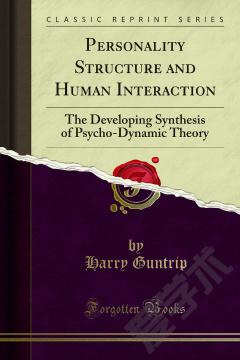
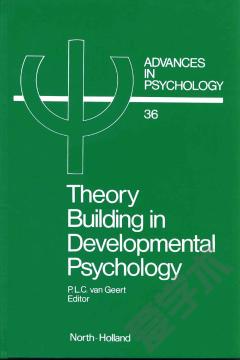

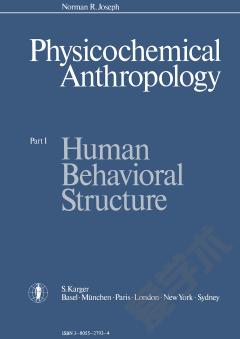
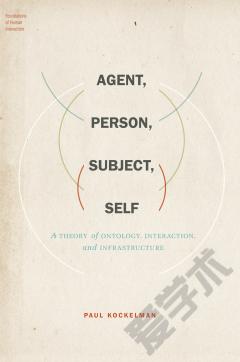
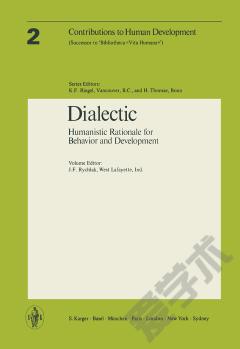


 京公网安备 11010802027623号
京公网安备 11010802027623号